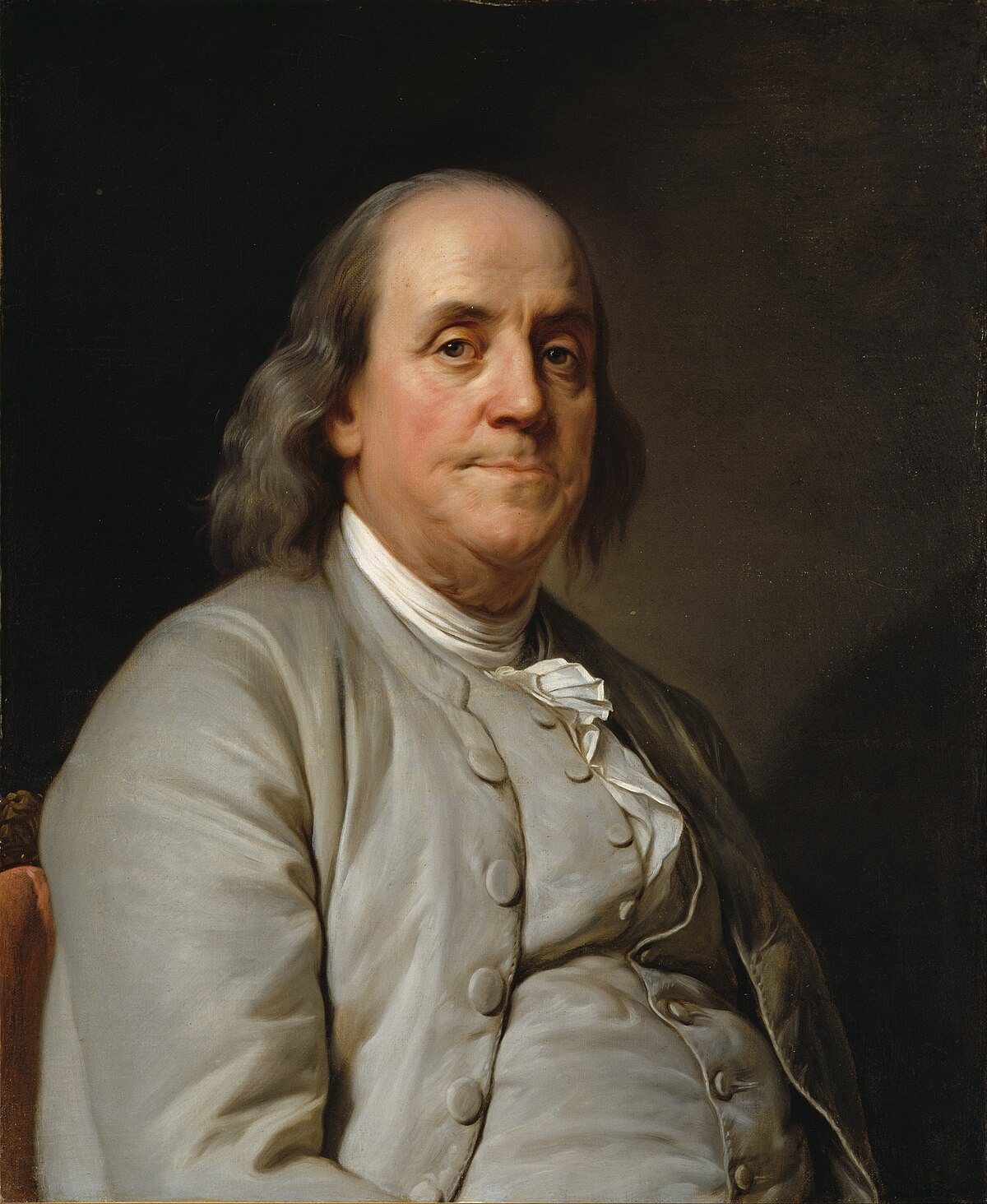 |
1st United States Postmaster General. |
Today's post concerns The Economist's recent article on the United States Postal Service (USPS). The article begins with a wry allusion to Benjamin Franklin's role in starting the post office, but moves quickly to an evaluation of Louis DeJoy, the 75th Postmaster General. He has embarked on significant reforms for the financially troubled USPS. Upon taking office during a politically fraught period, he was faced with an institution projected to lose $160 billion by 2030, a problem exacerbated by declining first-class mail and burdensome regulations. DeJoy's efforts have resulted in efficiency improvements and bipartisan postal-reform legislation, though controversial measures such as consolidation and price increases lie ahead in his “Delivering for America” plan, while making sure we protect the letter carriers the United States had depended on since before the Revolution.
The article alludes to one notable potential reform for the USPS, the introduction of postal banking. This concept has proven successful in places like Japan, where post offices offer routine check clearing and banking services. The existing infrastructure of the USPS provides an opportunity to extend essential banking functions to underserved communities, without the volatility often associated with the traditional banking industry. By offering a stable and accessible alternative, postal banking could present significant benefits to the American public.
